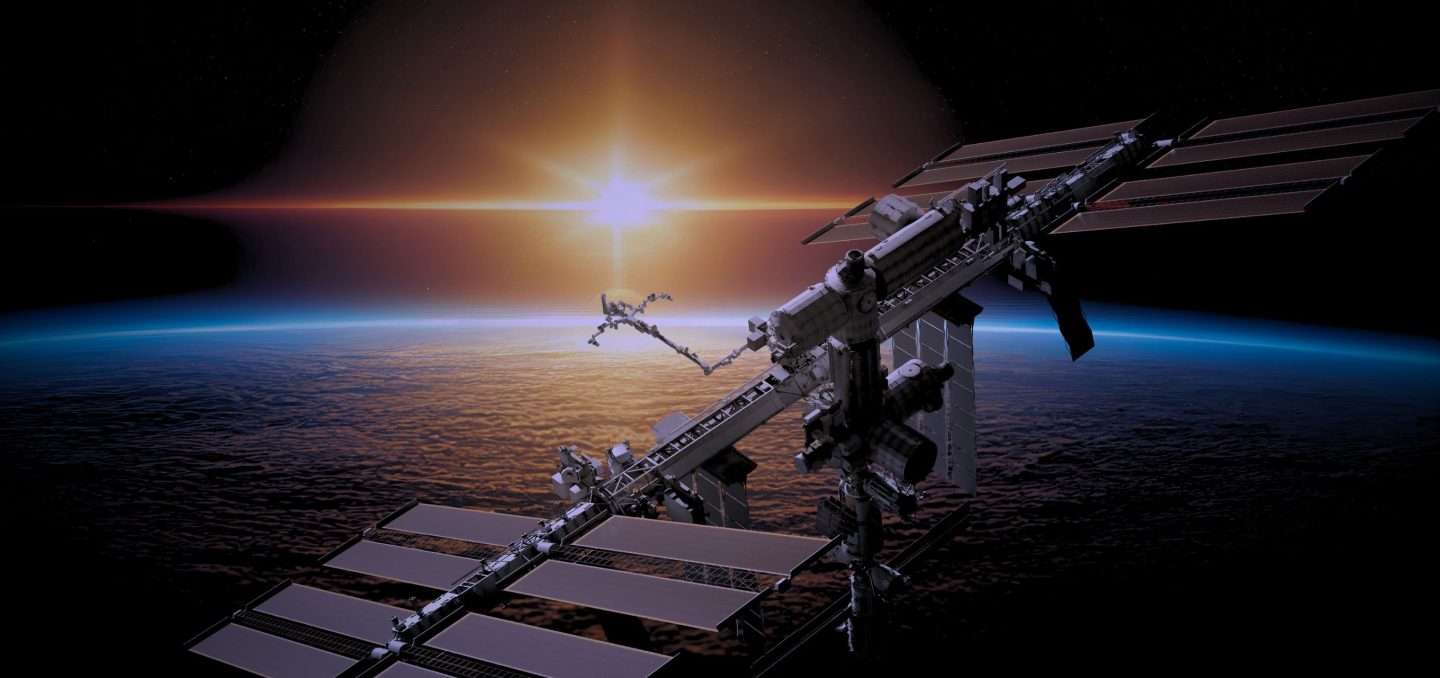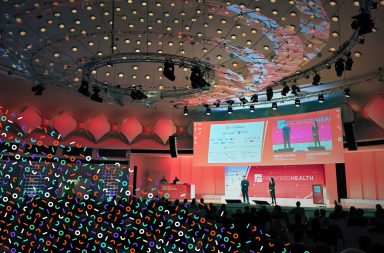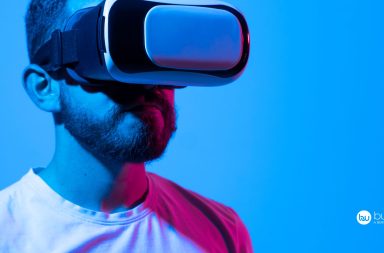The International Space Station (ISS) National Laboratory, in partnership with NASA’s Biological and Physical Sciences (BPS) division, has unveiled a pioneering funding opportunity aimed at revolutionizing space-based research to address some of Earth’s most critical health challenges.
This initiative, known as the National Lab Research Announcement (NLRA), will allocate up to $4 million to support two to three pioneering projects that utilize the unique environment of space to develop breakthrough therapies for diseases like cancer, cardiovascular conditions, and neurodegenerative disorders.
The ISS’s microgravity conditions offer a distinct advantage in accelerating disease modeling and drug development, potentially leading to groundbreaking therapies.
NLRA 2024-9: Igniting Innovation: Science in Space to Cure Disease on Earth
The NLRA 2024-9 is open for proposals from August 15, 2024, to March 3, 2025. It specifically targets flight projects that address challenges in preventing, diagnosing, and treating some of the most challenging diseases of our time.
Who can participate?
The NLRA 2024-9 funding opportunity is open to a wide range of participants, including U.S.-based academic institutions, commercial companies, government agencies, and non-profit organizations. However, proposals from non-U.S. entities or individuals are not eligible for consideration.
Eligibility for the NLRA 2024-9 funding opportunity is defined by several key requirements:
- U.S. Entity Requirement: Only entities based in the United States are eligible to submit proposals. This includes U.S.-based academic institutions, commercial businesses, government agencies, and non-profit organizations. Proposals from non-U.S. entities or individuals will not be considered.
- Multidisciplinary Collaboration: While individual entities can apply, the program strongly encourages collaborative efforts. Multidisciplinary teams that bring together expertise from various fields such as life sciences, biotechnology, and engineering are preferred.
- Alignment with ISS Research Capabilities: Proposals must align with the unique research capabilities of the ISS, particularly the utilization of microgravity and other space-based environments to advance health-related technologies.
- Project Readiness and Feasibility: Applicants must demonstrate that their proposed projects are technically feasible and can be executed within the ISS’s operational constraints. Projects that are in advanced stages of development and ready for flight are preferred.
- Compliance with U.S. Export Control Laws: All participating entities must comply with U.S. export control laws, which govern the transfer of technology and information to foreign nationals and entities.
- Proposal Submission Process: Applicants must follow a structured three-step submission process: (1) submitting a concept summary, (2) developing a technology roadmap, and (3) submitting a full proposal for evaluation.
These requirements ensure that the selected projects not only leverage the unique environment of the ISS but also align with broader national research and development goals
Applicants are encouraged to form multidisciplinary teams to enhance their proposals. These teams can include experts from various fields, such as life sciences, biotechnology, and engineering, who can work together to develop innovative health technologies that leverage the ISS’s unique microgravity environment.
The selection process
The selection process will prioritize proposals with strong scientific merit, technological innovation, and the potential for commercial viability. Importantly, the NLRA 2024-9 also emphasizes inclusivity, aiming to support diverse research teams and projects that align with national R&D priorities.
Proposals will undergo a rigorous three-step submission process, starting with a concept summary, followed by a technology roadmap, and finally, a full proposal evaluation. This structured approach ensures that only the most promising projects move forward, with the ultimate goal of transforming health outcomes on Earth through space-based research.
The program reaffirms the goal of the ISS National Lab, which is to optimize the utilization of its exceptional space-based infrastructure to promote commercial growth and advance knowledge via research and development.
The initiative seeks to remove significant obstacles in illness prevention, diagnosis, and treatment by promoting collaborations between government, business, and academia. In particular, the NLRA works to advance personalized medicine, high-throughput drug screening, and disease modeling.
This announcement marks a significant milestone in the ongoing quest to enhance medical outcomes on Earth through space-based research, underscoring the ISS’s potential as a hub for transformative health technology development.



